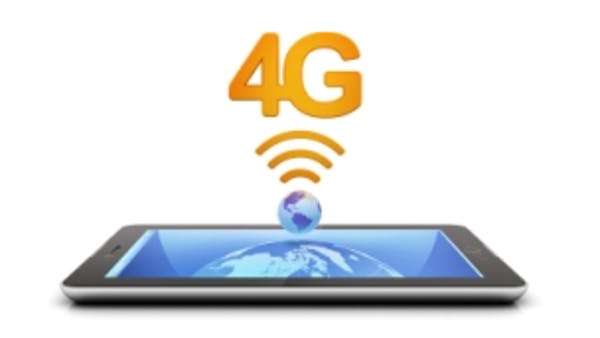Srinagar: A PIL has been moved in the Supreme Court by Private Schools Association, Jammu & Kashmir (PSAJK) contending that the lack of 4G connectivity for internet in Jammu and Kashmir is infringing the fundamental right to education.
The PSAJK is an association of over 2,200 schools across Jammu & Kashmir and the plea has been preferred challenging Government Orders dated 18.01.2020, 24.01.2020, 26.03.2020 and 03.04.2020 which led to the imposition of restriction(s) on Internet Speed.
The instant plea has been filed by Advocates Soayib Qureshi & Charu Ambwani.
The petitioner has contended that following the abrogation of Article 370 in August 2019 and the subsequent restrictions imposed vis-à-vis internet speed connectivity, the education sector has been impacted severely.
Highlighting, inter alia, the outright dismantling of Right to Education due to lack of 4G, the petitioner states that limited access limits and causes disruptions in dissemination of knowledge and imparting online education, especially in times of the COVID pandemic,
“It is submitted that Right to Education is the most important of the fundamental rights guaranteed by the Constitution of India which is further empowered by the right to use Internet as a medium of gaining, obtaining and dissemination of knowledge. Internet as a medium of imparting education, though online courses and classes has become imperative in the present times when the Union Territory of Jammu and Kashmir continues to be under severe restrictions,” the petition states.
Moreover, the petitioner also brings out the alleged illegalities which are antithetical to various tests which had been earlier laid down in various judgments of the Supreme Court,
“The Speed Restriction Orders are without the authority of law having been passed without complying with law laid down by this Hon’ble Court in the case of Anuradha Bhasin v. Union of India, decided on 10.01.2020. Further, the Speed Restriction Orders fail the test of proportionality as laid down by the Hon’ble Supreme Court in the case of Anuradha Bhasin v. Union of India read with Justice K.S Puttuswamy v. Union of India.”
Moroever, the orders infringe upon the rights of students to get education and also infringes the members of the petitioners to carry on its business and professional activities in the present times, the petition avers.
Earmarking the ground realities of incessant disruptions being caused to students Aand teachers alike of the erstwhile state, the petitioner has also annexed a letter by a Class 5 student, addressed to Prime Minister Narendra Modi. The letter reads as under
“Dear Modi Ji,
I feel sad, frustrated, angry and stressed because I couldn’t attend the online classes provided by my school (P.C.H.S.S) due to 2G. Online classes do not work in 2G.
I was away from my school since August 2019 (due to you know why) and when I was connected back to my school, the schools were shut again in March 2020 due to the spread of cronavirus. When our teacher decided to teach us by online classes, it did not work. I request you to give back our 4G so that we don’t miss out on learning”
In light of the above, the petitioner prays,
“As the future of Children, students and the Schools is at stake, the Petitioner left with no alternative has approached this Hon’ble court”
In related news, the Supreme Court on Thursday had issued notice in a plea filed by Foundation of Media Professionals, seeking restoration of 4G mobile internet services in the UT of Jammu and Kashmir, in light of the prevailing COVID-19 pandemic.
Senior Advocate Huzefa Ahmadi had appeared on Thursday via Videoconferencing before a Justice NV Ramana led bench in the aforementioned case and submitted that in view of the lockdown, “The virtual classes of students can only be done through enhancement of technology” .
The Central government had imposed a complete communications blackout in the erstwhile state of Jammu & Kashmir in August 2019, right after abrogation of Article 370. Five months later in January 2020, on the basis of a Supreme Court order in the case Anuradha Bhasin v Union of India, the services were partially restored, only at 2G speed for mobile users.
The Supreme Court had thereupon observed that indefinite suspension of internet is “not permissible and restrictions on internet have to follow the principles of proportionality under Article 19(2)”.
On April 3, the J&K administration passed an order to retain the existing restrictions on mobile internet till April 15. (Inputs from Livelaw.in)
















